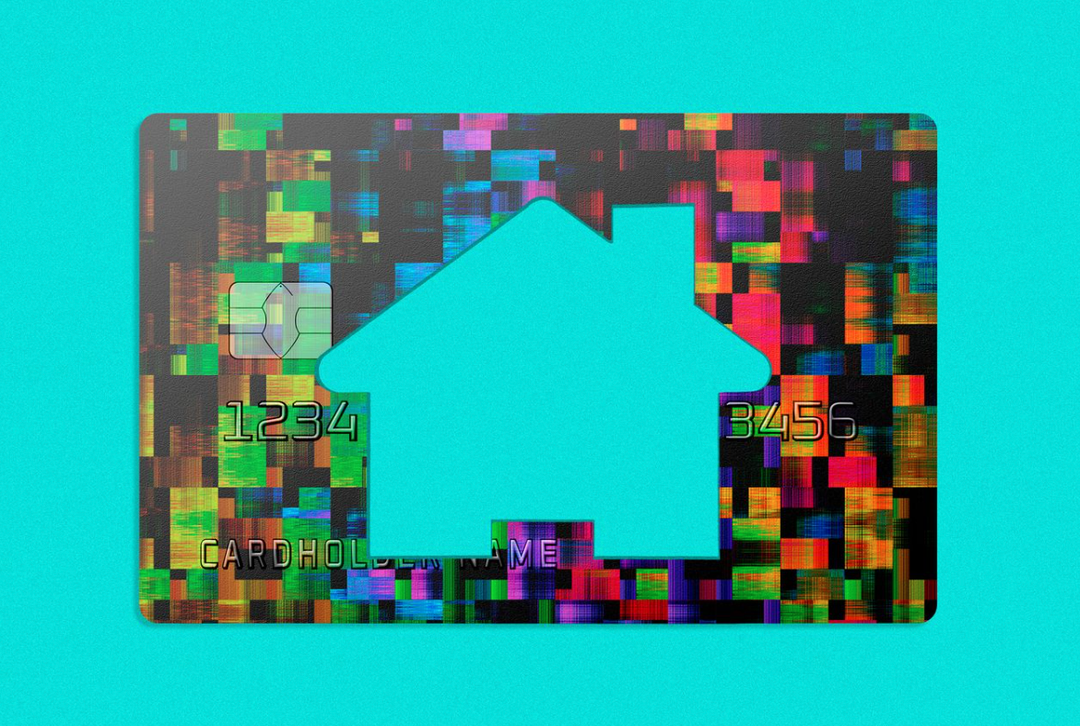
By Julia Carpenter
Aug. 9, 2022
Earlier this year, Equifax sent lenders inaccurate credit scores for millions of would-be borrowers over a three-week period. Now, many who applied for home or other loans at the time are scrambling to determine whether the mistake affected them.
The information that credit-reporting firms such as Equifax add into consumers’ credit reports includes the types of financial accounts consumers have, the ones they open and close, their payment history and more. This information results in a credit score, one of the key factors lenders refer to when making decisions on loan applications.

PHOTO ILLUSTRATION BY SAM KELLY/THE WALL STREET JOURNAL, ISTOCK (3)
In the Equifax error, some people applying for mortgages, auto loans and credit cards had their scores lowered or increased by 20 points or more. A credit-score shift of this size could alter the interest rates offered or even lead to their applications being rejected.
“It was a large number [of people affected], and that’s why it’s scary,” said Ralph DiBugnara, mortgage banker and president of Home Qualified, a digital resource for real-estate agents, buyers and sellers.
Mr. DiBugnara said his firm has received calls from concerned clients. Many want to know if their credit score was accurate, while others are asking a host of other questions. Below are answers to some of the most common questions.
When did this happen?
The inaccurate scores were sent from March 17 to April 6, 2022, according to Equifax. The company then began alerting lenders of the errors in May.
“We have determined that there was no shift in the vast majority of scores during the three-week time frame of the issue,” said Sid Singh, president of Equifax’s U.S. Information Solutions, in a company statement. “For those consumers that did experience a score shift, initial analysis indicates that only a small number of them may have received a different credit decision.”
How would this have affected my mortgage?
Mortgage lenders typically pull credit reports from all three agencies: Experian, TransUnion and, of course, Equifax. Typically, lenders take a look at all three scores and from there create a “combined” score, said Guy Cecala, executive chairman of Inside Mortgage Finance. That’s how they then determine whether or not to approve the application and what interest rate is offered.
“The bottom line is, because they use three, the impact of an Equifax mistake is somewhat watered down,” he said.
A shift like this won’t have resulted in as many people being erroneously turned down for mortgages, Mr. Cecala said. A lender is required to send a rejection notice if you’re turned down for a loan, so review that notice to understand the reasons.
The more likely danger: Such a mistake could have influenced the interest rate offered on the loan, leading to higher interest rates and subsequently higher mortgage payments.
How do I know if I was one of the affected consumers?
If you were applying for a mortgage, a car loan or a new credit card some time within the period above, your score may have been affected.
The first thing to do is contact your lender, said Gordon Miller, founder of Miller Lending Group in Cary, N.C. Ask to review your mortgage file and look to see if an Equifax credit score was in some way used in the underwriting process. Review that score and compare it with the other two. If something looks amiss—it’s much lower than the others, for example—then you and your lender can discuss what that means for your loan.
What should I do if I’m planning to apply for a loan in the coming months?
Mr. DiBugnara recommends setting up alerts with each of the three credit-reporting companies. That way, if there’s a significant change to your score at some point in the future, you’ll be notified of it right away.
Scrutinize your credit score with a magnifying glass. If your score has changed significantly, you should look carefully at the factors the report indicated or ones the lender says contributed to the change. Such factors can be late payments or opening or closing new lines of credit.
“Don’t take the number at face value,” Mr. Cecala said. “If you say, ‘Huh, I haven’t made any late payments,’ then you need to challenge it.”
How do I challenge my credit score?
If you suspect there’s an error anywhere in your credit report from Equifax or one of the other reporting companies, Mr. DiBugnara recommends first filing a formal dispute directly with the company in question. Each of the firms has a dispute-resolution section that allows you to file a claim directly with the agency.
In your claim, make sure to include a copy of the report and explain why you are disputing the information and why you would like it to be corrected or removed from your report. The Consumer Finance Protection Bureau provides a list of instructions and a sample template letter you can use when filing your claim.
Each of the companies is required to investigate your claim and then report back. If your request to have the information updated or removed is denied, you can still request the agency update your file with a statement explaining the dispute.
Write to Julia Carpenter at julia.carpenter@wsj.com
Copyright 2020 Dow Jones & Company, Inc. All Rights Reserved.



